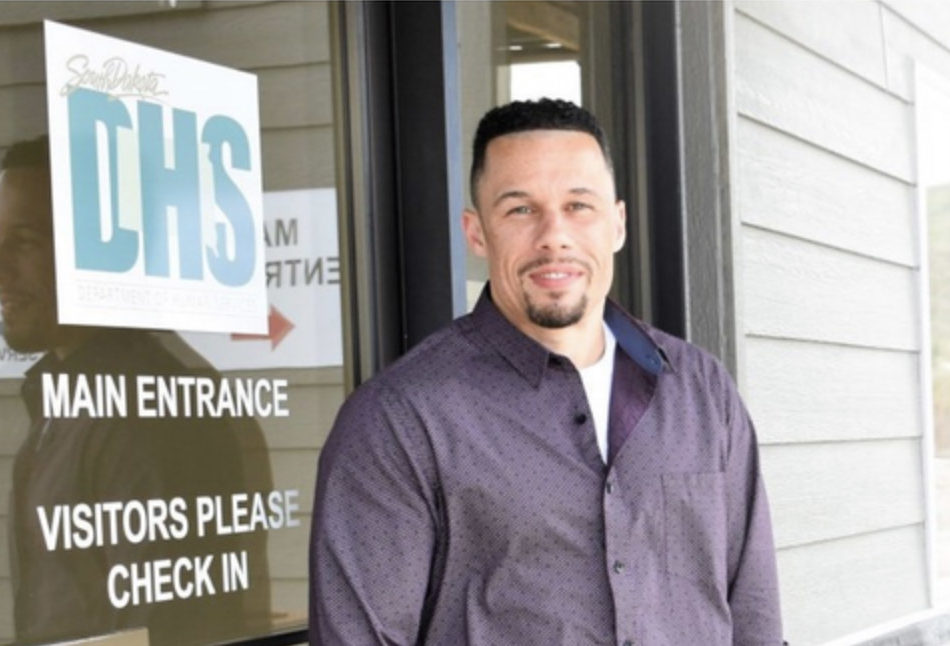University of South Dakota studies RHD’s Shared Living model: Evolution of Adult Foster Care

February 9, 2020
South Dakota Possibilities, a publication by the Center for Disabilities at the University of South Dakota Sanford School of Medicine about the state’s opportunities for people with disabilities, featured RHD’s Shared Living model. RHD brought Shared Living to South Dakota in 2017, and the service has been tremendously successful. RHD’s Shared Living program in South Dakota develops housing and community-based support services for individuals with intellectual and developmental disabilities.
Read The Evolution of Adult Foster Care here:
The residential service for people with disabilities has been gaining widespread popularity across the United States as an alternative to congregate home situations, said Darryl Millner, director of the state Department of Human Services Division of Developmental Services in Pierre, South Dakota.
“We wanted our services to keep pace with innovations happening across the country,” he said. “The more we learned, its benefits came out very clear to us: Less reliance on the traditional workforce in a group home setting and less reliance on those brick-and-mortar-type settings that eat up costs from an overhead perspective.”
Most importantly, the strongest benefit we learned was the fact that individuals are able to select a person that they can choose to live with and enjoy life experiences with and yet still have their needs met. It’s a win-win.”
The RHD Shared Living provider is a community-based, family-oriented home that offers people the ability to participate and contribute to the household, while promoting personal growth and independence. Shared Living providers receive extensive support, training, and ongoing oversight in order to support and assist the individual in service. RHD combines housing and a full array of community supports to help individuals achieve stability and live successfully in the community.


